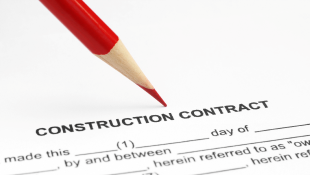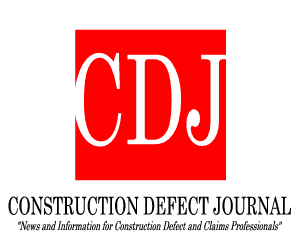
Contractors could face hurdles in trying to recover acceleration damages under a valid no-damage-for-delay clause.
Construction contracts often include a “no damage for delay” clause that denies a contractor the right to recover delay-related costs and limits the contractor’s remedy to an extension of time for noncontractor-caused delays to a project’s completion date. Depending on the nature of the delay and the jurisdiction where the project is located, the contractual prohibition against delay damages may well be enforceable. This article will explore whether an enforceable no-damage-for-delay clause is also a bar to recovery of “acceleration” damages, i.e., the costs incurred by the contractor in its attempt to overcome delays to the project’s completion date.
Courts are split as to whether damages for a contractor’s “acceleration” efforts are distinguishable from “delay” damages such that they may be recovered under an enforceable no-damage-for-delay clause. See, e.g., Siefford v. Hous. Auth. of Humboldt, 223 N.W.2d 816 (Neb. 1974) (disallowing the recovery of acceleration damages under a no-damage-for-delay clause); but see Watson Elec. Constr. Co. v. Winston-Salem, 109 N.C. App. 194 (1993) (allowing the recovery of acceleration damages despite a no-damage-for-delay clause). The scope and effect of a no-damage-for-delay clause depend on the specific laws of the jurisdiction and the factual circumstances involved.
There are a few ways for a contractor to circumvent an enforceable no-damage-for-delay clause to recover acceleration damages. First, the contractor may invoke one of the state’s enumerated exceptions to the enforceability of the clause. It is helpful to keep in mind that most jurisdictions strictly construe a no-damage-for-delay clause to limit its application. This means that, regardless of delay or acceleration, courts will nonetheless permit the contractor to recover damages if the delay is, for example, of a kind not contemplated by the parties, due to an unreasonable delay, or a result of the owner’s fraud, bad faith, gross negligence, active interference or abandonment of the contract. See Tricon Kent Co. v. Lafarge N. Am., Inc., 186 P.3d 155, 160 (Colo. App. 2008); United States Steel Corp. v. Mo. P. R. Co., 668 F.2d 435, 438 (8th Cir. 1982); Peter Kiewit Sons’ Co. v. Iowa S. Utils. Co., 355 F. Supp. 376, 396 (S.D. Iowa 1973).
Reprinted courtesy of Ted R. Gropman, Pepper Hamilton LLP and Christine Z. Fan, Pepper Hamilton LLP
Mr. Gropman may be contacted at gropmant@pepperlaw.com




